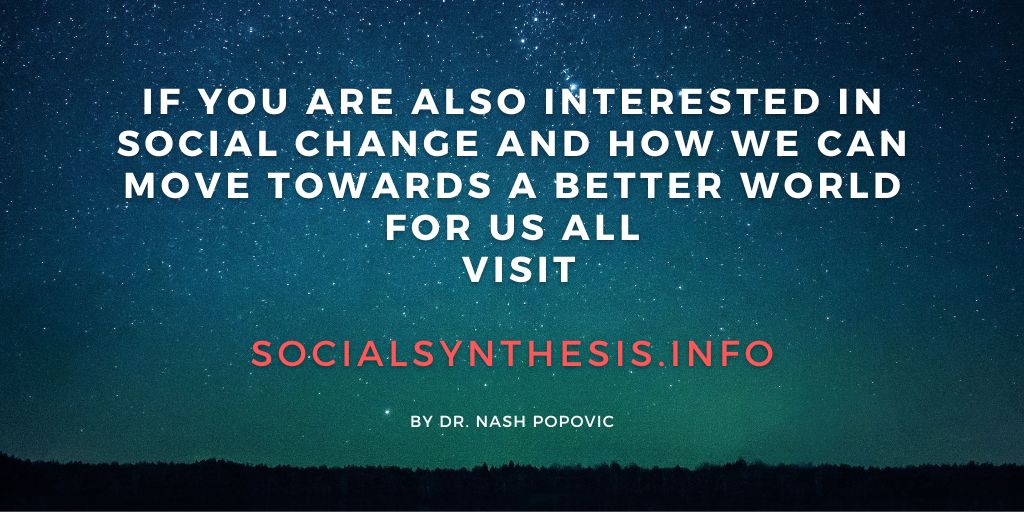47. Organisation
Do what you can, with what you have, where you are.
Theodore Roosevelt (US president in early 20c)
This area focuses on the ways we structure our lives and activities. Organisation is often perceived as an imposition, a chore that many people engage with reluctantly. So this is firstly an invitation to consider that organisation not only has many benefits but it can be a creative process – there is more than one way to plan and organise your life and activities!
Why organisation matters
There are a number of reasons why organisation may be of value:
- It saves you time and makes your life easier
- Harmony outside contributes to harmony inside
- It helps you achieve your goals
- It is socially desirable (e.g. always being late is not cool)
- It reduces stress – and it can be nice
How do you feel about organising? It is easier if you feel good, so spare a moment to consider how you can make it more appealing. For example, do you want to be more creative in your life? Be creative in organising your files, kitchen, clothes or music files!
Bottom up and top down order
Some people don’t like organising because they find it boring or an imposition. However, this needn’t be the case. In organising our activities we can follow our impulses (bottom up), or our mind (top-down), or combine them. For example, you can eat when hungry, or at pre-fixed times. The former is more spontaneous and less effortful. The latter is better suited for long term goals and group activities. So if you eat on your own, you can just wait until you feel hungry, but if you eat with others, it is a good idea to have a set time for a meal. Clearly both, bottom up and top-down organisation have some advantages and disadvantages and a creative interplay between them makes organisation more fun.
Organising your space
This is not about having everything neat and tidy, but about making your space really yours. Creative chaos may be good sometimes but it can hardly be creative if it is chaos all the time. For this purpose consider the following questions:
- Do I often get frustrated because I can’t find what I need?
- Do I like my room / space as it is now?
- Do I feel good in it?
If your answer to any of these questions is negative, think about at least one thing that you can do to make it better.
Organising your virtual world
Nowadays we spend a lot of time in the virtual world of mobile phones, computers, TVs, etc., so we need to organise ourselves there too. This is not easy – we need to prioritise and be creative about it. The virtual world has a tendency to consume our time without us noticing. To minimise the negative effects of this, it is better to keep the virtual and real worlds separate. For example, if you keep checking text messages or e-mails while working or studying you are wasting your time. In an hour, you probably spend about half an hour working, 15 minutes reading messages, and 15 minutes trying to remember where you were before an interruption. However, if you separate these two worlds, you will have half an hour for working and then a whole half hour for your virtual world (or more time for working if this is what you need).
Organising your activities
We are all aware that we won’t get far if we do little, but trying to do too much can also reduce effectiveness (e.g. you can make more mistakes). So check occasionally if you are still in control and have not lost your head in the process. If so, try to slow down. Everything is possible to accomplish if excesses are avoided, and trying to do too many things is also an excess. It is also important to give yourself time. What you get out of leaving everything to the last minute is not worth the stress it causes. This may be easier said than done though, so let’s consider time in more detail.
Time
Do you usually try to kill, save or fight time? Do you sometimes feel that it is ‘slipping through your fingers’? Would you like to know how you really spend your time? If so, try this:
Backward schedule: to get a more realistic picture, for a few days write down, without interfering, how much time you spend on various activities, making a schedule of what has happened, not what you want to do. For example, when you finish getting ready for work, jot down how long it took, and so on. You may end up very surprised.
We often worry that we are wasting our time, but actually one of the biggest time wasters is worrying about time. The less time we have (the closer we are to a deadline, for example) the more we usually worry about time – but every minute you spend worrying rather than concentrating on your task is a minute wasted! Also, just trying to do things faster can, in fact, decrease effectiveness (e.g. you can make more mistakes). Bear in mind that how you use time is more important than the amount of time you have. This said, there is no activity that doesn’t need time, so to prevent a gridlock, it is important to prioritise.
Prioritising
This is an essential organisational skill. The grid below (attributed to US president Eisenhower) may help in this respect. For example, if your inbox is getting out of control, create four email folders (HUHI, HULI, HILU, HULU, LULI); sort all your emails accordingly and deal with those in the HUHI folder first.
| HIGH URGENCY | LOW URGENCY | |
| HIGH IMPORTANCE | 1. Do it first | 3. Plan to do it later |
| LOW IMPORTANCE | 2. Do it as soon as you can | 4. Ignore until other things are done |
Planning
Even if you don’t like following a plan, you still can benefit from it. Make one, play with it, and then leave it aside. You can come back to it if you get confused, want to check your progress or change something. There are different ways of planning. Here are some examples. For instance, you can decide in advance for how long you will be engaged in an activity, or you can let its accomplishment, enjoyment or tiredness decide for you, or you can combine those two.
| Time plan | Task plan | Combo |
| 7am get up 7–7.15am bathroom 7.15–7.30am exercise 7.30–7.45am planning 7.45–8am breakfast |
Buy a shirt Fix a printer Do homework Ring grandma Do the dishes |
Get ready 1h max Shopping 2hs max Homework 2hs max Family 1h max Fix the shelf 1h max |
The advantages of the first one are that you are unlikely to forget or neglect something and you may be very efficient, but it may be too rigid for some. The advantage of the second one is that it is more spontaneous (you spend as much time as you need doing something) but you may get lost in one activity at the expense of others. The advantage of the third one is that is not so rigid but still has a time limit. In any case, don’t forget that a plan is only a means to an end, rather than an end in itself. What really matters is having things done. Being flexible with our plans minimises the possibility of a conflict when unpredictable events occur.
Of course planning is not only about time. When we plan a journey, for example, time is only one component of that plan. We may not need other components for simple or routine tasks (as those above) but for more complex projects they may be necessary. Following questions may be useful in this respect:
- How will I get there?
- What (or who) may I need?
- When (and where) will I do it?
- What can go wrong and what can I do about it?

